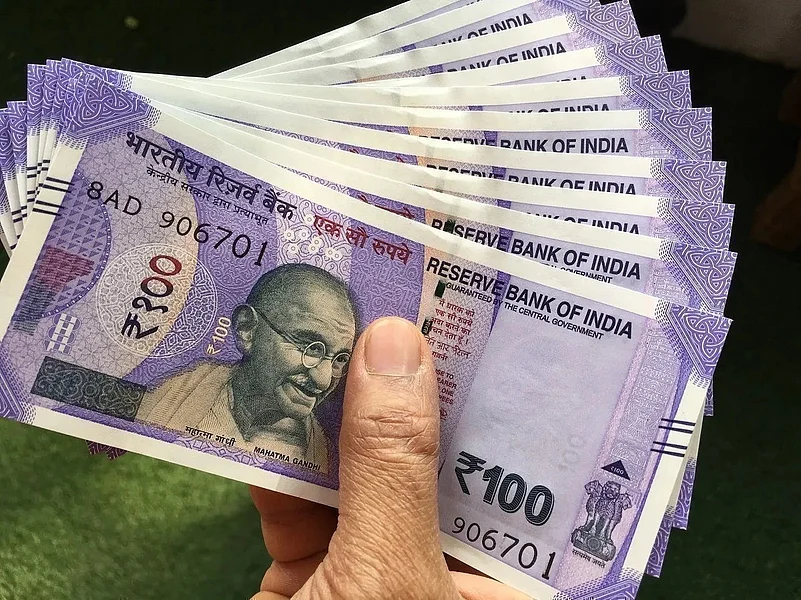In today's financial world, individuals from all walks of life including paid employees, company owners and retirees, must maintain a savings account. While there is normally no restriction on the amount that may be deposited into a savings account, recognizing the legal limits is critical to avoiding unwanted attention from tax authorities.
The Reserve Bank of India (RBI) mandates that banks report cash deposits and withdrawals of Rs 10 lakh or more to their controlling offices. This regulation is part of the government's efforts to promote transparency in banking practices and curb the parallel economy. Consequently, depositing amounts exceeding Rs 10 lakh in a single or combined financial year can raise red flags with the Income Tax Department (ITD). Banks are also required to submit a Statement of Financial Transactions (SFT) to the ITD, detailing cash deposits of Rs 10 lakh or more during a fiscal year. This helps the government monitor large cash transactions and identify potential cases of tax evasion.
Regulations and Compliance for Cash Transactions
According to Section 269ST of the Income Tax Act, individuals are prohibited from receiving an aggregate amount of Rs 2 lakh or more in cash from a single person in a day, whether in a single transaction or across multiple transactions related to the same event. This regulation aims to limit large cash transactions and encourage the use of electronic payment methods.
While there is no formal cap on daily deposits, individuals should exercise caution. Generally, the recommended cash deposit limit in savings accounts is Rs 1 lakh per day. However, it is permissible to deposit up to Rs 2.5 lakh in a day, provided it is not done frequently. The overall cash deposit limit in a financial year is Rs 10 lakh, exceeding this amount may lead to notifications to the IT department.
Individuals must be prepared to provide evidence of the source of any funds deposited if they exceed these thresholds. Failure to do so could result in a hefty tax of 60 per cent on the deposited amount, along with a 25 per cent surcharge and a 4 per cent cess. While cash deposits are not taxed directly, any interest earned on these deposits is considered taxable income. Interest income exceeding Rs 10,000 is subject to taxation and must be reported in your Income Tax Return (ITR)










